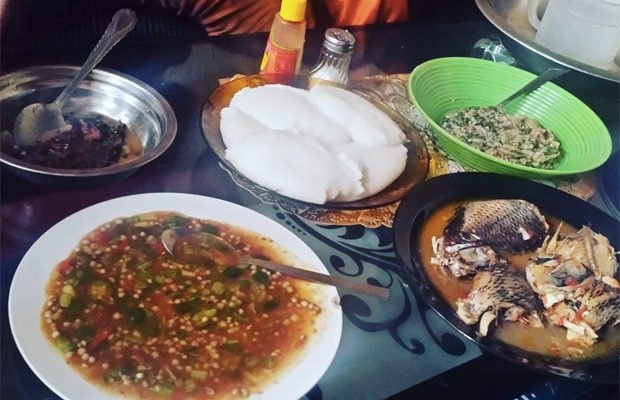JCTR Basic Needs and Nutrition Basket (BNNB) Reveals Seasonal Cost of Living Changes
The cost of living for a typical family of five in Lusaka, as measured by the Jesuit Centre for Theological Reflection (JCTR) Basic Needs and Nutrition Basket (BNNB) for September 2023, was reported at K9,146.06.
This figure has increased from K8,850.38 in the same month in 2022. The research shows fluctuations in the prices of both food and non-food items, primarily influenced by seasonal changes.
In comparison to last year, the price of charcoal has decreased from K455/90kg bag to K370/90kg bag, reflecting the impact of the shifting seasons. However, there has been an increase in the prices of essential food items, including roller mealie meal, which has risen from K180.83/25kg bag to K217.14/25kg bag. Vegetables have also experienced a price increase, from K413.88/40 kg to K453.37/40 kg.
The BNNB data highlights the influence of seasonal shifts, particularly as Zambia transitions into the hot season, on the prices of essential goods. Over the past two years, it is observed that charcoal prices tend to decrease during this period.
Another seasonal trend is the rise in the cost of green leafy vegetables, such as rape, amaranthus leaves, and pumpkin leaves, which often experiences price increases during the dry season.
The research emphasizes that although there is a temporary reduction in the month-on-month overall basket, it is insufficient to address the overarching issue of the high cost of living, driven by the prices of commodities.
This challenge disproportionately affects the vulnerable and marginalized segments of the population, as indicated by the 2022 Living Conditions Monitoring Survey.
Moreover, the BNNB, representing a minimal standard of living, does not encompass additional daily expenses such as airtime, data bundles, transportation, and clothing. Therefore, the actual cost of living for a family of five in Lusaka may well exceed the K9,000 threshold.
To address these economic challenges, the JCTR calls for open and honest conversations, collaboration, and sustainable strategies involving the government, civil society, and the private sector.
Some proposed interventions include measures to combat inflation, increase income levels, and improve the accessibility and affordability of essential goods and services.
Addressing seasonality challenges requires policies to reduce the cost of food production, encourage crop diversification, and promote efficient irrigation techniques.
Additionally, JCTR suggests a need to provide sustainable and affordable energy sources as an alternative to charcoal and expand social safety net programs to support vulnerable populations during times of economic uncertainty.



